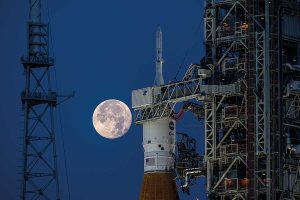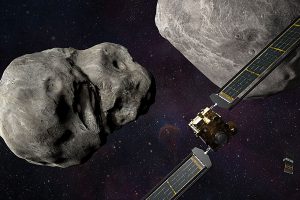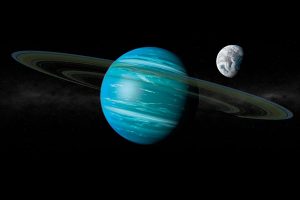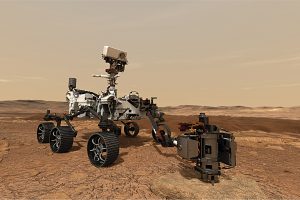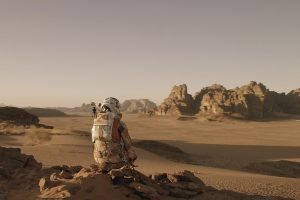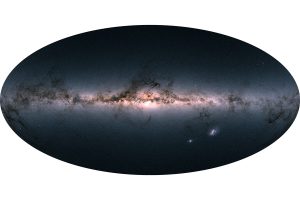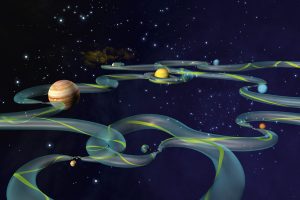Search
The Moon has once again become an important playing field. The big difference is that now private enterprise is also involved.
Discovering an Earth-bound object is not the same as avoiding it. For the latter, early detection is crucial. The author considers that we can have an effective space defence system.
The race to discover an exo-moon is nearing interesting times and a discovery might be just around the corner.
At the moment, a manned mission to Proxima Centauri involves a number of problems and challenges that we are still unable to solve.
Can an extraterrestrial organism produce a catastrophic pandemic on our planet? Such a question arises every time we consider bringing samples from other worlds in the Solar System, especially now, amidst the COVID-19 pandemic.
We seem to be living a sweet moment for manned exploration missions to Mars. There are several projects underway, both by private companies and space agencies, which aim to be the first to put a human being on Mars. Does this mean that we are now going to make the ancient dream of stepping on Mars come true?
To avoid potential psychotic episodes, the International Space Station astronauts talk weekly to their friends and family.
At the Lund Observatory in Sweden there is a painting of the first realistic representation of our galaxy, the Milky Way. The idea of carrying out this scientific and artistic work came from the Swedish astronomer Knut Lundmark who, at the beginning of the 1950s, set out to represent the Milky Way as a whole.
The Solar System has its own road network, the Interplanetary Transport Network (ITN), a ser of trajectories related to the Lagrange points.
We talk to astrophysicist José Antonio Font about the latest film by Christopher Nolan.
- 1
- 2

